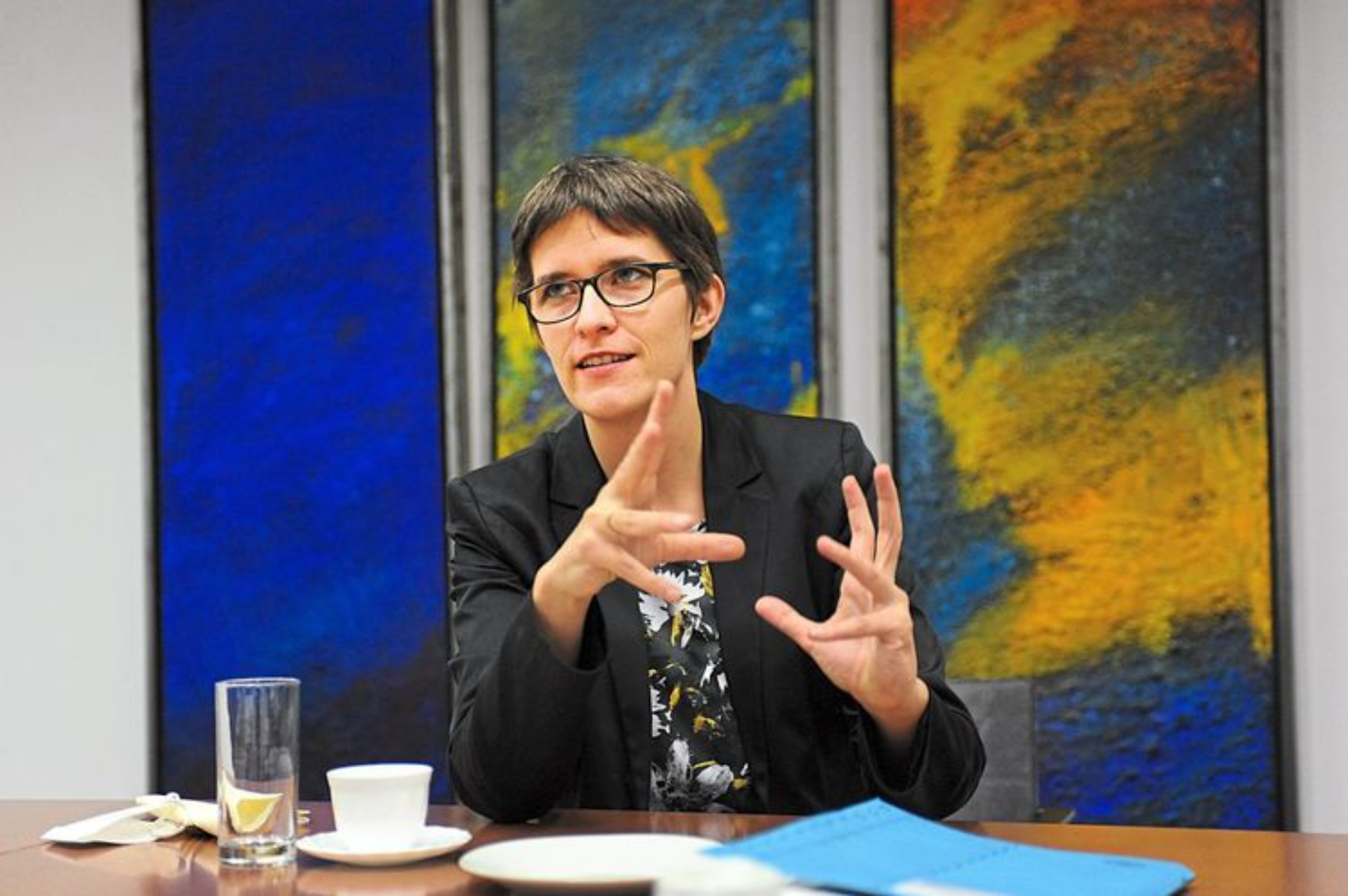“Despite all the challenges, I believe the Western Balkans has its place in the EU, and Germany will continue to support countries on this path,” said Anna Luhrmann, Germany’s State Minister for Europe and Climate, during her welcoming speech at the 2024 Civil Society and Think Tank Forum held yesterday in Berlin.
This international conference, part of the Berlin Process, is taking place from October 8-10 and is organized by the Southeast Europe Network and the German Aspen Institute, with the support of the German Federal Office.
Referring to the tenth anniversary of the Berlin Process, Luhrmann noted that civil society organizations from the Western Balkans are an integral part of it and expressed her admiration for their contributions. She also highlighted the numerous challenges faced by the NGO sector in the region.
“These challenges include a lack of funding and, worse still, civil society in the Western Balkans often faces intimidation, specifically threats, which have become commonplace today. This is what we are witnessing in Serbia right now. Let me be honest – this is completely unacceptable. Even in situations where there is no consensus in public opinion, it is the obligation of authorities, including those in Serbia, to protect all actors in public life, which implies freedom of speech,” emphasized the German minister, according to “europeanwesternbalkans.com”.
She stressed that Germany continuously calls on authorities in Serbia to facilitate civil debate and improve the rule of law.
“These are the foundations closely linked to further progress in EU membership and adherence to the EU’s single market,” said Anna Luhrmann.
According to the German minister, governments in the Western Balkans “must demonstrate that they genuinely respect EU values and are seriously committed to the goal of European integration.” As she pointed out, this requires strong political will, trust, and cooperation among countries in the region.
Luhrmann also referenced the efforts of some politicians aimed at destabilizing the region, mentioning frequent disinformation campaigns as one of the “threats to democracy” in the Western Balkans. She stated, “We need to collaborate more to clarify the elements of disinformation.”
Discussing the future of the Berlin Process, the German minister emphasized the need for reconciliation in the Western Balkans so that all countries in the region can join the EU “in a union of peace and prosperity.” According to her, one of the important tasks of the “Six of the Western Balkans” is the implementation of goals related to the so-called “Green Transition.”
The Berlin Process was established in 2014 as a platform to enhance cooperation between the six countries of the Western Balkans and the host countries of the Berlin Process, as well as the EU. Senior officials from the Western Balkans Six (WB6) and their counterparts in the host countries of the Berlin Process meet at least once a year at the Summit and preparatory meetings of Ministers. The process also includes EU institutions, international financial institutions, and civil society, youth, and businesses in the region.







